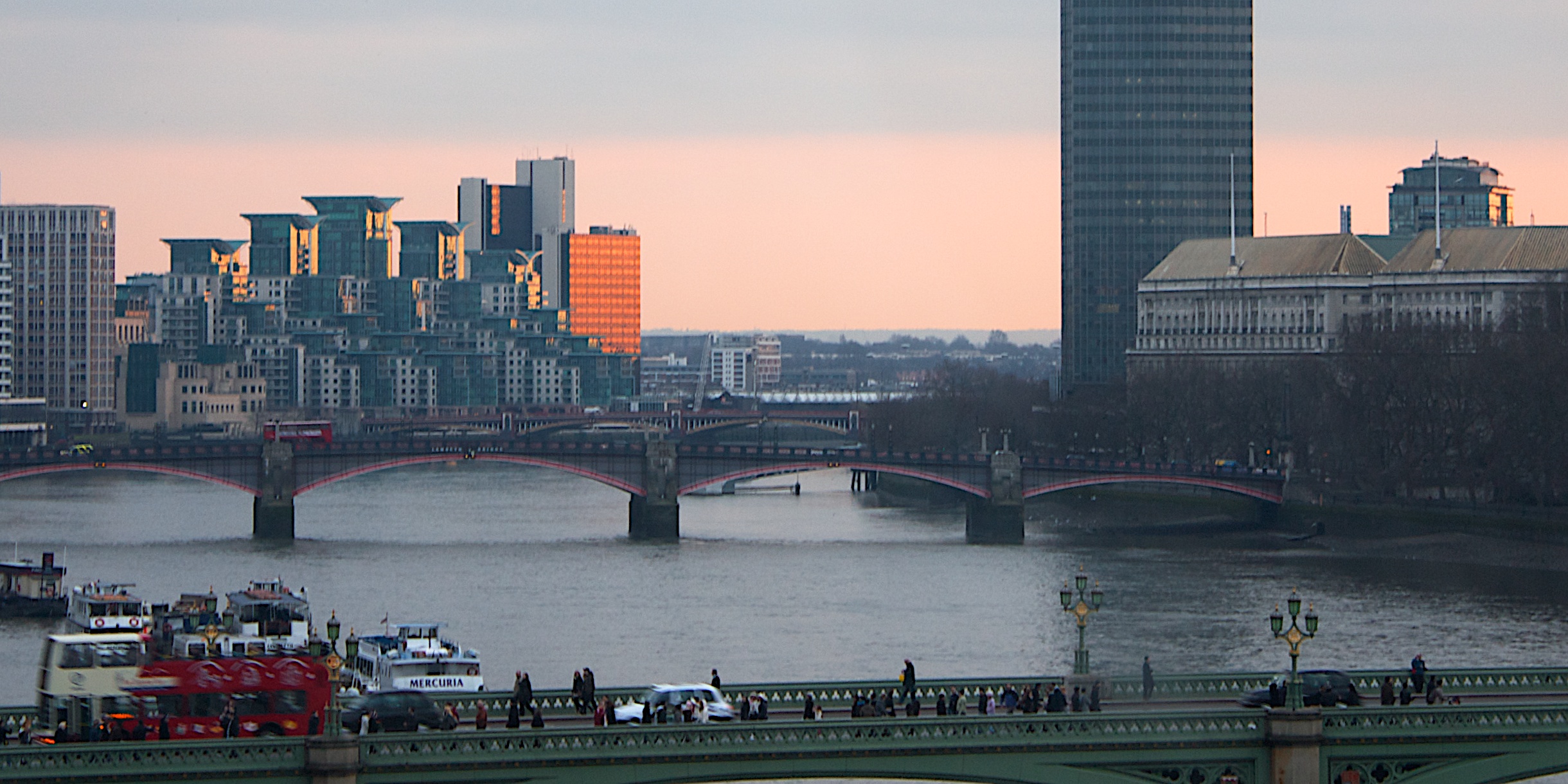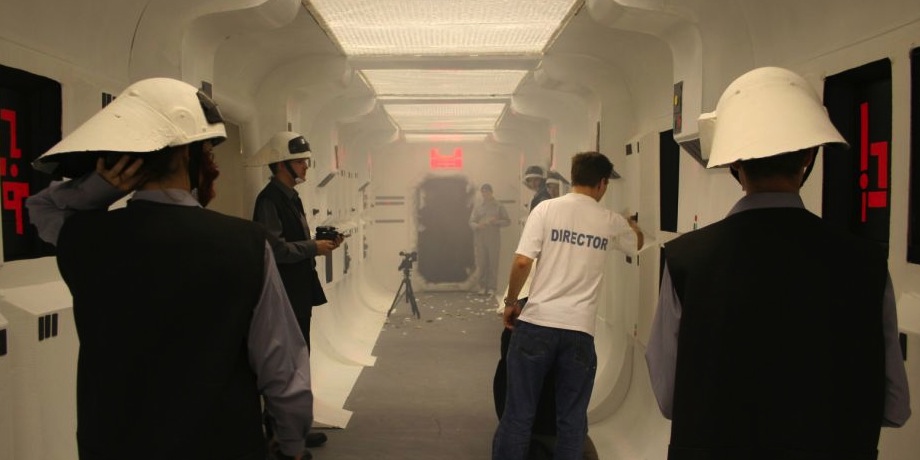This article is really interesting. And scary. It goes through the
current political state of the planet regarding climate change, and
the consensus on what that means in reality. There’s loads more detail
in the article, but this is the scariest bit:
Apparently the world has agreed that we can afford to increase global
temperatures by no more than 2° Celsius without devestating damage to
mankind. So far, we’ve raised global temperatures by 0.8°. To avoid
going over that 2° target, we can only release 565 Gigatons of
carbon-dioxide over the next ~40 years.
The value of the fossil-fuel companies is largely based on their
current reserves; the fuel they’ve found, and expect to mine and sell.
It turns out, those reserves will release 5 times the 565 Gigatons we
can afford to release.
Yes, this coal and gas and oil is still technically in the soil. But it’s already economically aboveground – it’s figured into share prices, companies are borrowing money against it, nations are basing their budgets on the presumed returns from their patrimony. It explains why the big fossil-fuel companies have fought so hard to prevent the regulation of carbon dioxide – those reserves are their primary asset, the holding that gives their companies their value. It’s why they’ve worked so hard these past years to figure out how to unlock the oil in Canada’s tar sands, or how to drill miles beneath the sea, or how to frack the Appalachians.
If you told Exxon or Lukoil that, in order to avoid wrecking the climate, they couldn’t pump out their reserves, the value of their companies would plummet. John Fullerton, a former managing director at JP Morgan who now runs the Capital Institute, calculates that at today’s market value, those 2,795 gigatons of carbon emissions are worth about $27 trillion. Which is to say, if you paid attention to the scientists and kept 80 percent of it underground, you’d be writing off $20 trillion in assets. The numbers aren’t exact, of course, but that carbon bubble makes the housing bubble look small by comparison. It won’t necessarily burst – we might well burn all that carbon, in which case investors will do fine. But if we do, the planet will crater. You can have a healthy fossil-fuel balance sheet, or a relatively healthy planet – but now that we know the numbers, it looks like you can’t have both. Do the math: 2,795 is five times 565. That’s how the story ends.
It’s the same as the fights against record labels. The incumbent big
businesses control law and regulation, and fight for their benefit;
not the benefit of society. Except here we’re literally talking about
preventing society from crumbling.
It also reminds me of Isaac Asimov’s Foundation series of
books, in which a
mathematician develops a technique to predict the future of society as
a whole (because although we are individually unpredictable, society
has a momentum). He discovers that society is headed for massive
disruption with a dark age lasting 30 thousand years. He takes on the
daunting task of formulating a plan to reduce the impact of society’s
inevitable fall.
χ

















